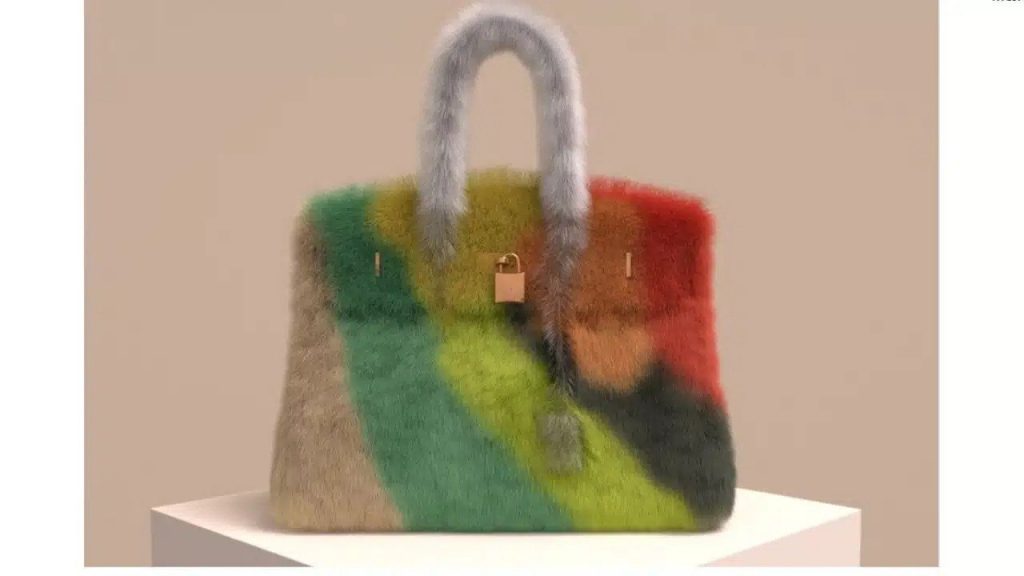Hermes International, a high-end fashion company, has emerged victorious in a US legal case against digital artist Mason Rothschild. The jury’s verdict stated that Rothschild’s 100 “MetaBirkins” NFTs are not considered art.
Despite this decision, Rothschild and his legal representatives are preparing to challenge the ruling and are planning to appeal, according to Kenneth Loo, Rothschild’s publicist, as reported by Vogue Business.
After three days of deliberation, the nine-member jury found Rothschild responsible for trademark infringement, trademark dilution, and cybersquatting, based on testimonies from live witnesses, including the defendant.
As the New York Times reports, Hèrmes won its lawsuit against the 28-year-old artist after he sold NFTs that featured the legendary handbag with all kinds of strange overlays, from a clear version that had a fetus edited into it to a fuzzy-handled one that had mammoth tusks.

Using the Rogers test – named after the actress Ginger Rogers, who in 1989 sued filmmaker Alberto Grimaldi for using her trademarked name in the film “Ginger and Fred,” only to have a jury rule that the filmmaker’s use of her name was “artistically relevant” — the jurors in the “MetaBirkins” case determined that Rothschild’s NFTs didn’t meet that standard.
A verdict reached on Wednesday saw Hermes awarded $133,000 in total damages and declared Rothschild’s NFTs do not count as protected speech under the First Amendment.

The case marked one of the first intellectual-property trials over NFTs and raised questions about whether creation can be protected in the tokenized digital art world.
It was also the first to legally discuss the relationship between digital art and the reproduction of physical fashion, according to Vogue Business.
“There is still room for artwork to be protected by the First Amendment, but this (according to the jury) isn’t it, she told Blockworks. “That’s not to say there aren’t other NFT projects out there that would be protected.”
“It was an artistic experiment. He wanted to see what kind of value people would ascribe to these two-dimensional pictures,” the lawyer said.
“It is unlikely that people who would pay thousands of dollars on bags would be confused these #MetaBirkins were from Hermes. He has a Constitutional right to create his MetaBirkins artwork, and to make money from, as long as he doesn’t mislead people.”
Although the luxury goods industry has previously ventured into the world of NFTs, this particular case appears to revolve around one of the most famous fashion houses in the world protecting its brand ownership. Considering the decreasing public interest in cryptocurrencies, it’s not unexpected that a jury would not consider costly digital pictures to be deserving of the classification of “art.”


